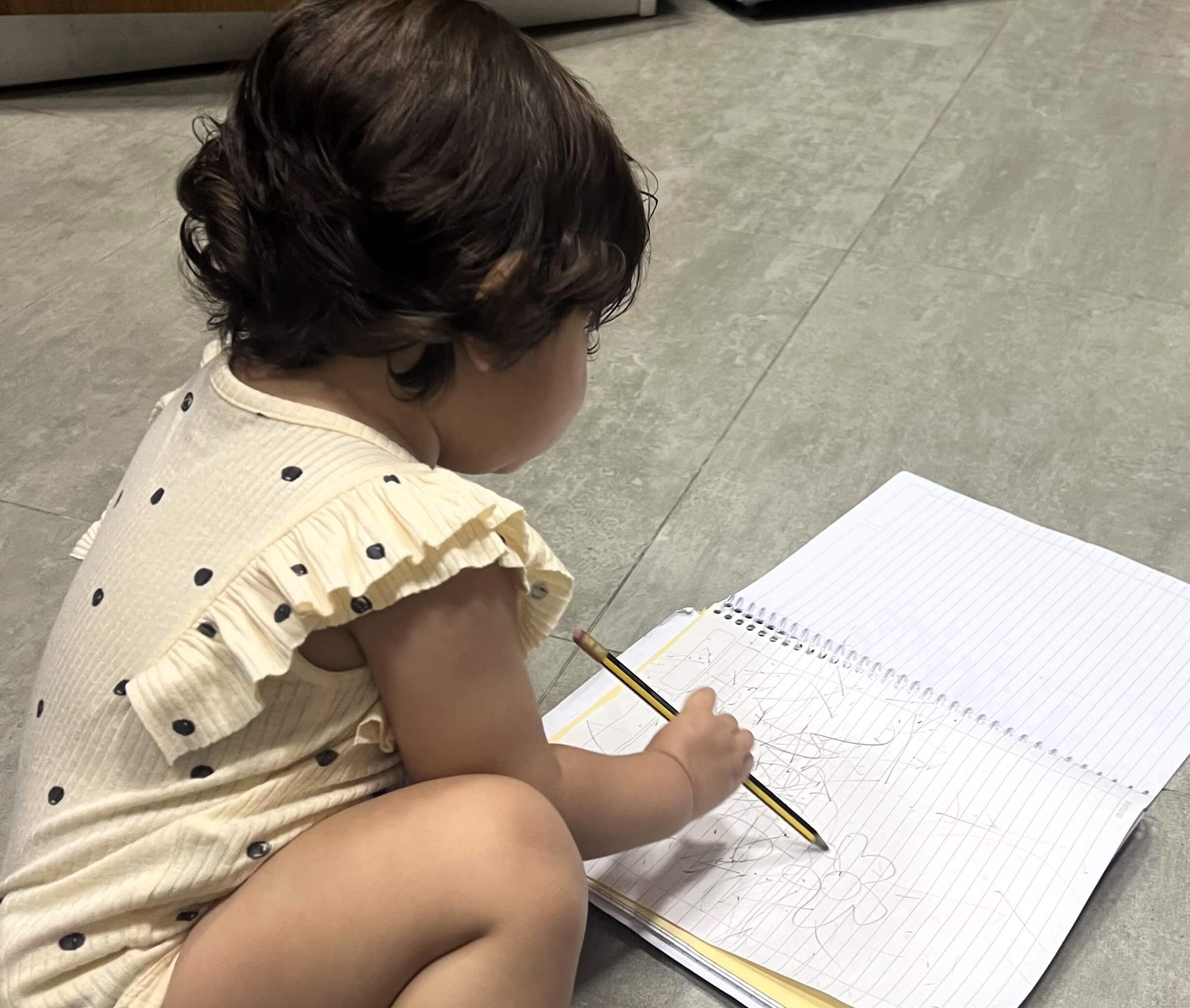As young people, we learn to interact with others based on how our family members interact with each other. Once these communication patterns become established in our young minds, it’s hard to change them as adults. This means that any relational patterns that include angry outbursts or aggressive behaviors are apt to appear in our relationships later in life.
Does My Family Have Anger Issues?
It’s not easy accepting that you or someone in your immediate family has trouble controlling their anger. But the sooner you can accept it, the sooner you and your family can find help and begin to heal and learn more respectful ways to communicate.
Here are some signs you and/or someone in your family has anger issues:
- The person becomes overtly angry at a mild or insignificant frustration or irritant.
- There are later feelings of shame and guilt over something said or done in anger.
- You or a family member has experienced big ramifications because of an angry outburst. These can include lawsuits, physical altercations, school suspensions, etc.).
- Extended family and/or friends have suggested you or your loved one get some help for your/their anger.
- You or your loved one have chronic physical ailments such as hypertension, anxiety, gastrointestinal difficulties.
Getting Help
Fortunately, you and your family do not have to live the way you currently are. Therapists are trained to identify behavioral patterns that have been passed from one generation to the next. Once these patterns are uncovered, your therapist can help you learn appropriate expressions and communication patterns. He or she can also facilitate healthy communication, allowing you to share your thoughts, concerns, and feelings safely and without judgment.
Don’t hesitate to call us for more information or to schedule an appointment.
SOURCES:




